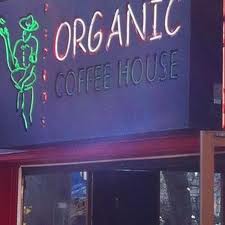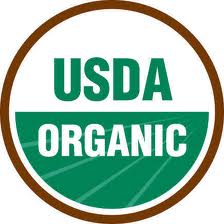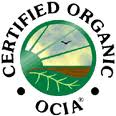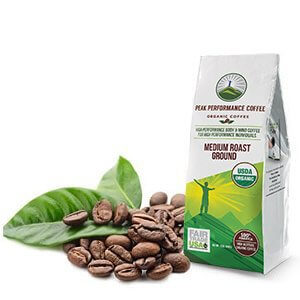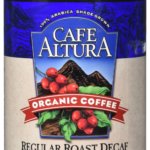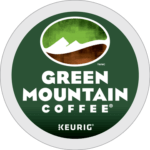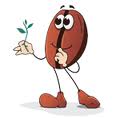Let’s explore some facts about Organic Coffee
Coffee is the second most heavily traded commodity in the world. Oil is first.
Coffee is also the heaviest chemically treated food product, bar none, worldwide. Petroleum based fertilizers are at the top of the list of synthetic chemicals used in it’s production, doing untold damage to the Earth’s ecosystem and seeping into our already compromised fresh water supplies.
The detrimental impact of commercial coffee production on your health and the environment, over time, is unquestionable.
That being said, wise, conscientious consumers can find alternatives to modern chemical based farming methods, if they search. It is not always convenient, depending on what part of the world you live in.
Small coffee plantations, scattered throughout the world, employ shade tree methods to grow organically, on small farms, without chemical fertilizers or pesticides. Though they grow naturally and organically, many are unlikely to have 3rd party organic certification.
How does coffee become certified organic?
According to the Organic Trade Association, “For coffee to be certified and sold organically in the United States, it must be produced in accordance with U.S. standards for organic production and certified by an agency accredited by the U.S. Department of Agriculture. U.S. requirements for organic coffee production include farming without synthetic pesticides and other prohibited substances for three years and a sustainable crop rotation to prevent erosion, the depletion of soil nutrients, and control of pests.”
The USDA Certified Organic Seal can be displayed on any coffee that is at least 95% organic and issued by an accredited USDA agency.
Another accepted 3rd party certification is OCIA Organic and is also widely used.
What countries grow organic coffee?
Organic Coffee is grown in 40 countries. The top producers are Brazil, Ethiopia, Mexico, and Peru.
America is the world’s biggest consumer of coffee, but has no coffee production on the mainland. However, the island of Hawaii grows some of the world’s finest organic coffee plantations.
How big is the organic coffee market?
The world organic coffee market is huge. For example, global sales in 2006 were reported to be about 68000 metric tons (148 million pounds), a 56% increase from 2003, and the demand has been steadily growing.
North America consumes a very big portion of that. Imports to the U.S. and Canada between 2006 and 2007 jumped from 29,484 tons to 36,741, an increase of 29%. Imports increased the following year to 40,370 tons, between 2007 and 2008, up by 12%.
The demand is high and this is a positive trend, which shows that people are becoming more aware of the benefits derived from drinking organic coffee.
